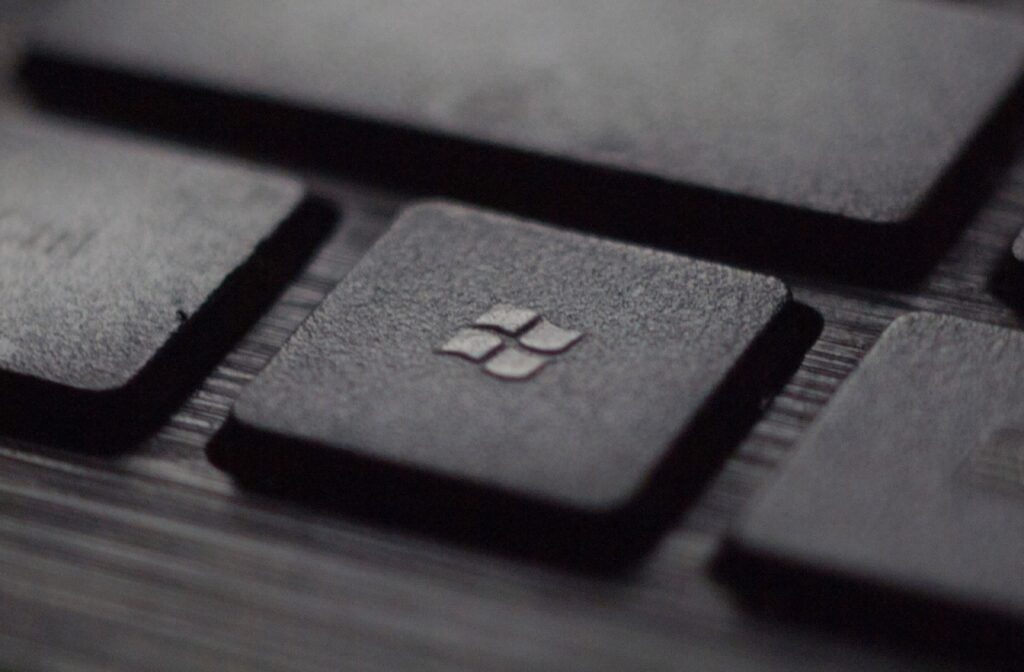Rumor mill: Windows 11 is two years old and is still behind Windows 10’s market share, but rumors have long suggested Microsoft is already preparing Windows 12’s debut. A recent comment from Intel, together with the latest information regarding the company’s near-future hardware plans, could heighten that suspicion.
During a recent earnings call, Intel chief financial officer Dave Zinsner mentioned a “Windows Refresh” expected in 2024. He doesn’t explicitly mention Windows 12, but his comments fit rumors about the upcoming OS release. At the Citi 2023 Global Technology Conference, Zinsner said the company thinks the refresh will make next year a good one for its client-side business. A “Windows catalyst” will initiate a refresh for an aging installed base.
If previously reported rumors are true, then the CFO could be implying that Intel’s upcoming Meteor Lake processors will benefit from Windows 12, spurring strong shipments when it appears. The OS and CPUs could herald a new environment of AI-based tools and client-side hardware working in tandem. Both products are said to present significant overhauls over their predecessors.
Earlier rumors suggest Microsoft will introduce Windows 12 in the second half of 2024, possibly leading to a full launch in 2025. Microsoft could embed features leveraging generative AI throughout the OS, building on the AI functionality that recently arrived with the Windows 11 23H2 update to its search bar, image editing apps, and Microsoft 365. Windows 12 might also rework its user interface and organize partitions differently to facilitate security and patches.
Microsoft could be taking a different approach to major OS upgrades altogether if it’s forging ahead with Windows 12, while its predecessor struggles to establish dominance within the user base. A report from Statcounter reveals that over 70 percent of Windows users still prefer Windows 10, and Windows 11 adoption hasn’t significantly increased beyond a 23 percent share since April. Steam’s software survey has the latest Windows OS at a slightly better 37 percent adoption.
Meanwhile, the Meteor Lake series processors, expected to arrive next year, will feature dedicated AI acceleration cores to make systems more responsive when performing AI-related tasks. Similarly, AMD’s recently released Ryzen 7000 mobile CPUs include a dedicated engine for Windows Studio Effects. Microsoft is said to be working with both CPU vendors in designing Windows 12’s AI features.

